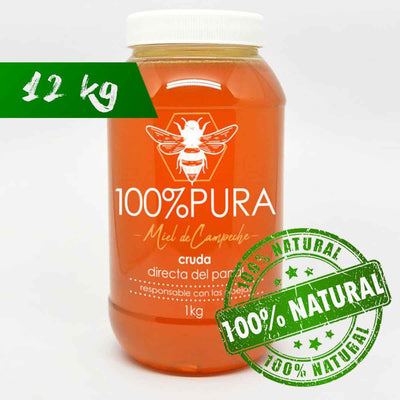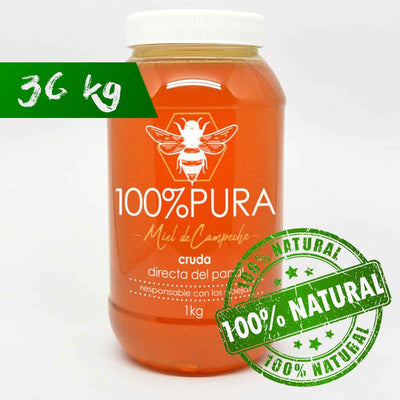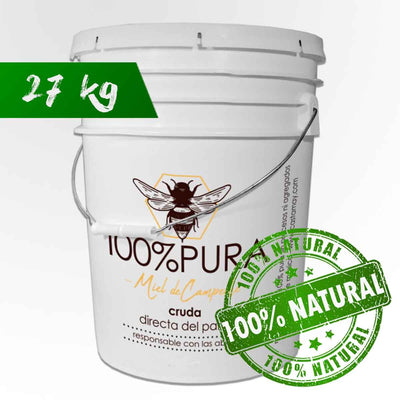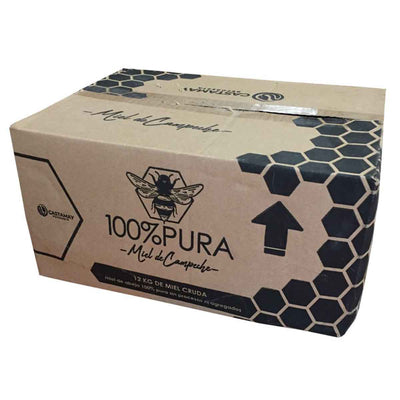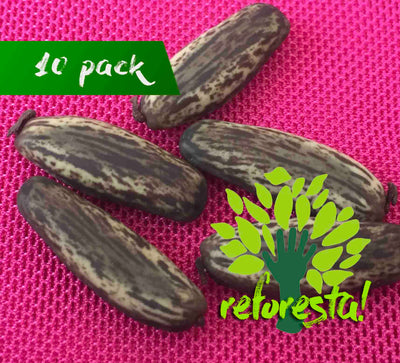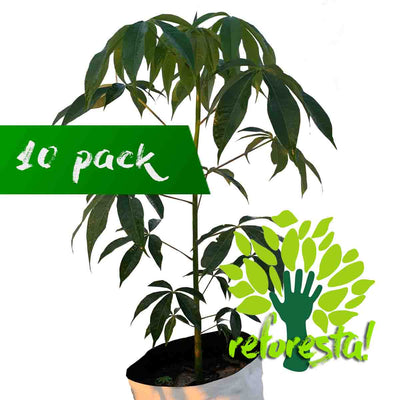The state of Campeche is among the first places of production at the national level, in 2018 the Agri-Food and Fisheries Information Service, endorsed by the Ministry of Agriculture and Rural Development, reported 10,000 tons of production, this amount is destined for the market international for 50 years.

The production is exported to the European Union, where Germany is the main buyer, Belgium, the Netherlands, Denmark, France, England and Spain are countries where Campechana honey is of total interest.
Also some Muslim countries such as Saudi Arabia and Qatar are important clients, but work continues to make this market grow.
The Yucatan peninsula shares a great variety of botanical resources and a floral diversity in the region that the rest of the country does not have. There are more than 60 important plants for beekeeping in the entity and approximately 180 other species of plants of less importance but that also contribute to the maintenance of this activity. The honeys of the peninsula are different from other honeys, since their botanical origin means that they have different properties that vary throughout the harvest period, which runs from January to May.
The Mayan bees or "Xuna’an kab" feed mainly on various flowers such as Dzidzilché, Tajonal and Tzalam, all of great aroma, white in color and that only bloom during a special time of the year. This gives the special characteristics to our honey from the Yucatan peninsula.
With high properties in vitamins and minerals, the uses of honey from the Mexican southeast range from gourmet to natural recipes for its anti-inflammatory properties, preventive in respiratory diseases, exfoliating for the skin, moisturizing for lips, face and hair, thus healing in burns and acne scars.
Castamay Reforesta produces 100% raw honey, without processes or additions, in its apiaries at its facilities in Campeche.


